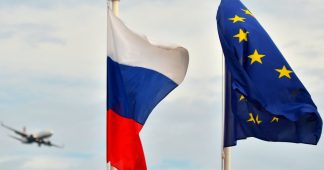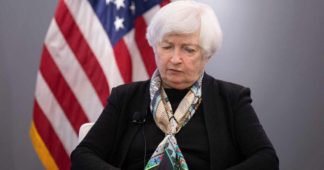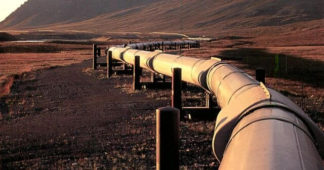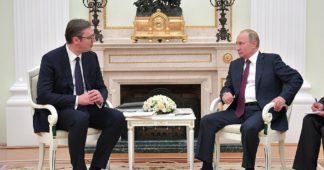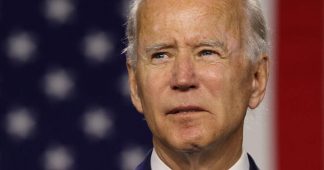The Kremlin said Nord Stream 1 would remain off after the US and its allies announced it would price cap Russian oil
Posted on egorie
The economic war between the West and Moscow ratcheted up significantly on Friday when the G7 announced price caps on Russian oil exports. Moscow responded by extending the closure of a critical pipeline bringing gas to Europe. The White House has vowed to destroy the Russian economy, and the Kremlin has responded by further driving up the price of European energy.
For months, US Treasury Secretary Janet Yellen has pushed the rest of the world to adopt “price caps” on Russian energy exports. The plan calls for placing a maximum price a company can pay Russia for their oil. Analysts at JP Morgan Chase have warned the price caps could lead to oil prices at over $350 per barrel.
The G7 plan announced Friday did not state the maximum price a Western company could pay Russia for its oil. Whatever the price, it is expected to take effect in early December. The G7 did not explain how it planned to get Moscow to agree to sell its oil at reduced prices. In the past, the Kremlin threatened to cut oil exports to any country that adopted Western price restrictions.
Shortly after the G7 rolled out the price caps, the Kremlin issued a statement saying the Nord Stream 1 would close indefinitely. The pipeline brings natural gas from northeastern Russia into Germany. Russia claimed the shutdown was caused by a leak. Though, German authorities say Nord Stream is operational.
The G7 and Russia took the steps amid a growing economic war. In response to Russian President Vladimir Putin ordering his forces to invade Ukraine, America and its allies issued sweeping sanctions that were intended to destroy the Russian economy. However, the sanctions regime has thus far backfired on the West, with rising energy costs causing suffering in Europe and Moscow maintaining much of its economic strength.
When Russia first halted pumping gas through the pipeline earlier this week, the White House claimed the Kremlin was “weaponizing energy.” European Commission chief Ursula von der Leyen said imposing the price restrictions will counter Russian “manipulations.”
It’s unclear if the price caps will have an impact on the Russian economy. Since the invasion, the West has scaled back its imports of Russian energy, but Moscow has found other buyers in China, India and Turkey. Meanwhile, Americans and Europeans continue struggling with rampant inflation.
Kyle Anzalone is the opinion editor of Antiwar.com, news editor of the Libertarian Institute, and co-host of Conflicts of Interest.
We remind our readers that publication of articles on our site does not mean that we agree with what is written. Our policy is to publish anything which we consider of interest, so as to assist our readers in forming their opinions. Sometimes we even publish articles with which we totally disagree, since we believe it is important for our readers to be informed on as wide a spectrum of views as possible.
